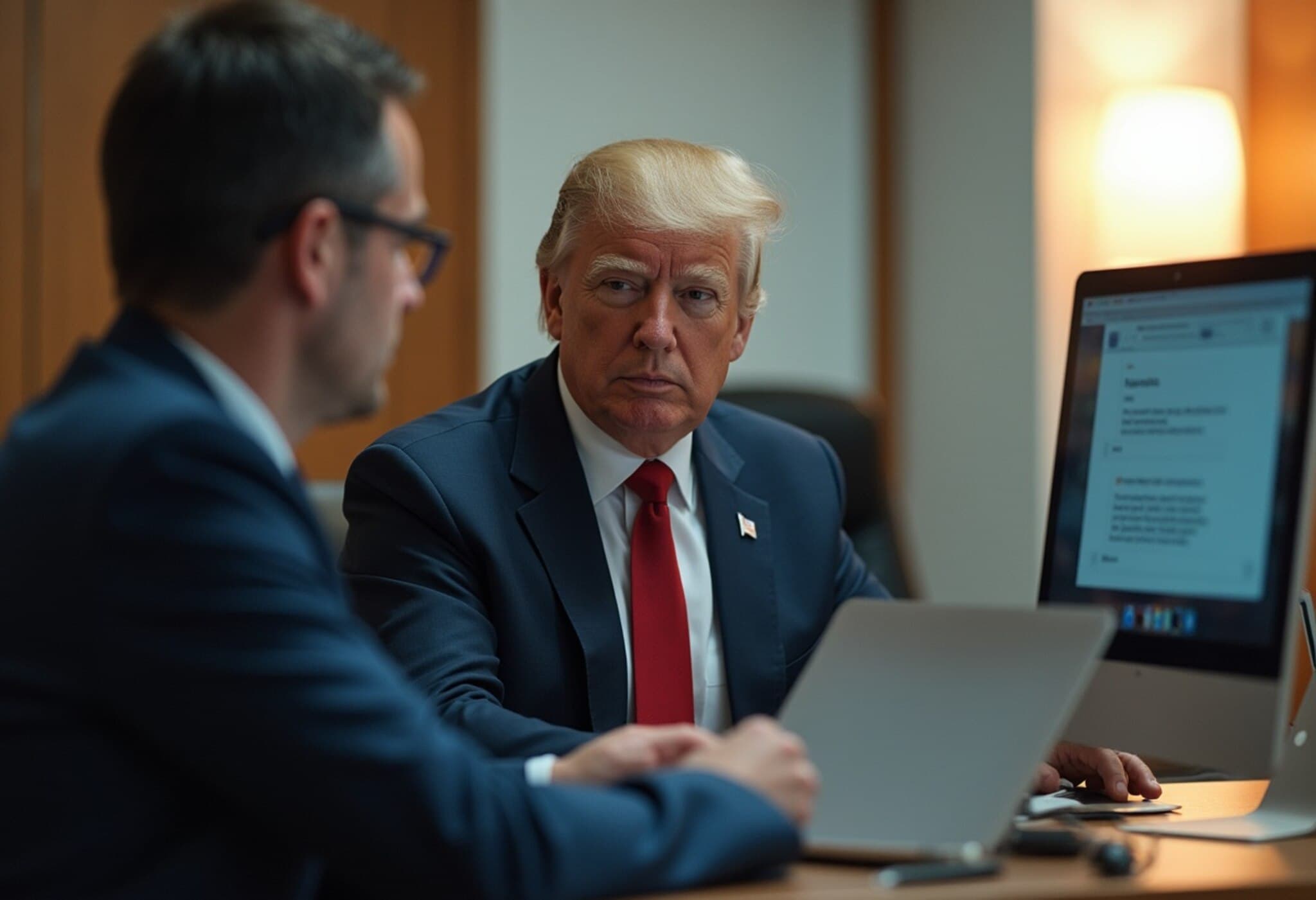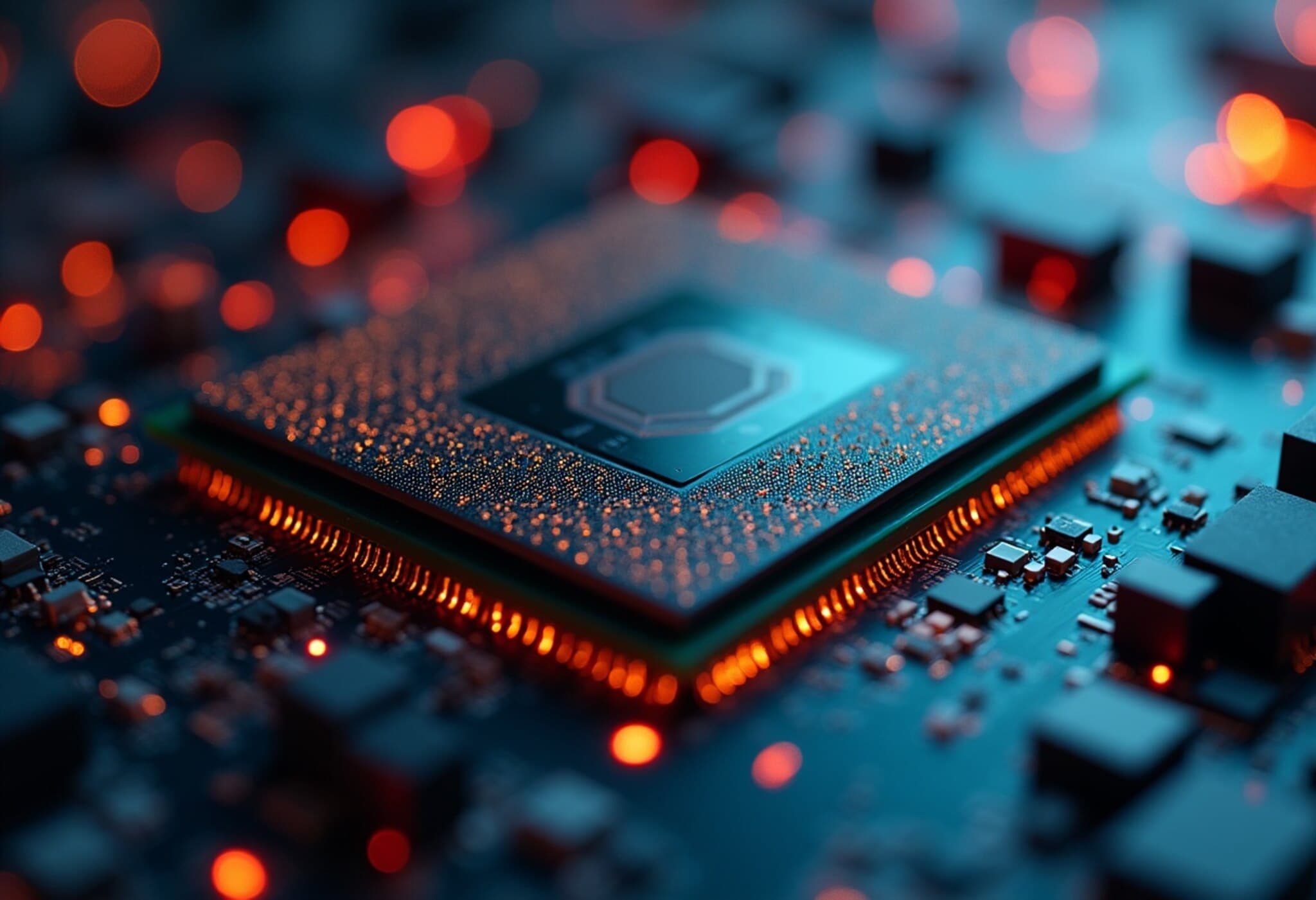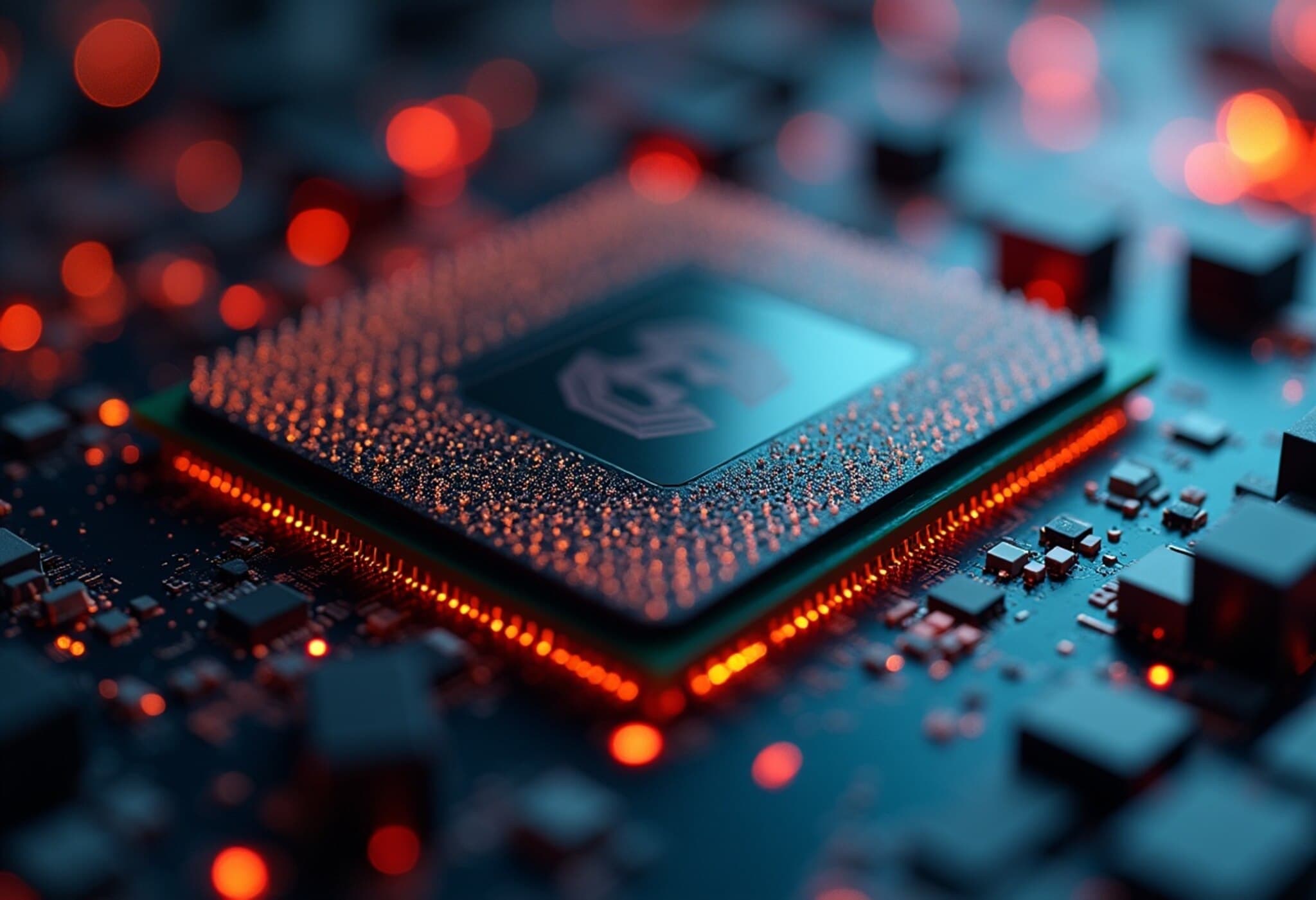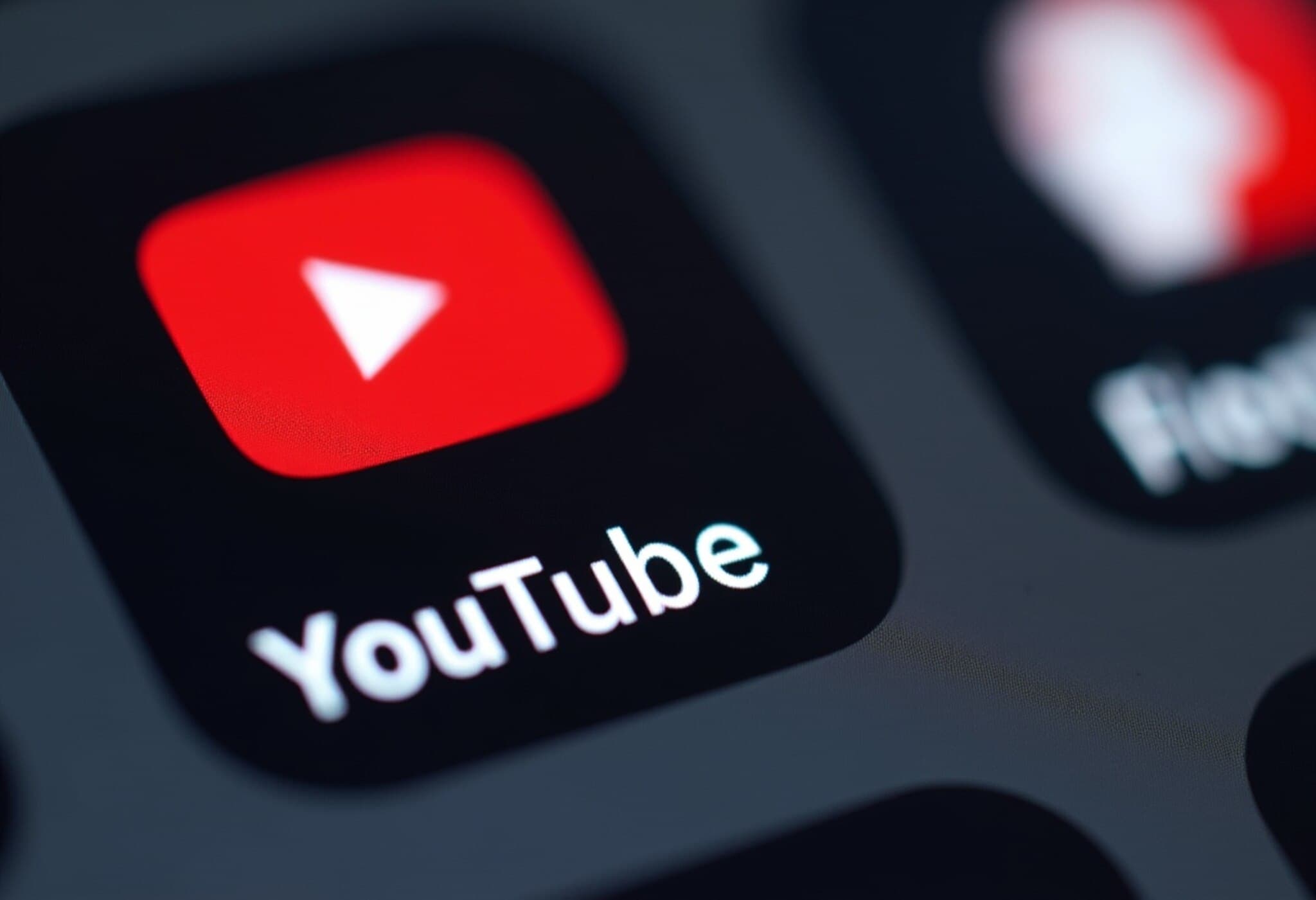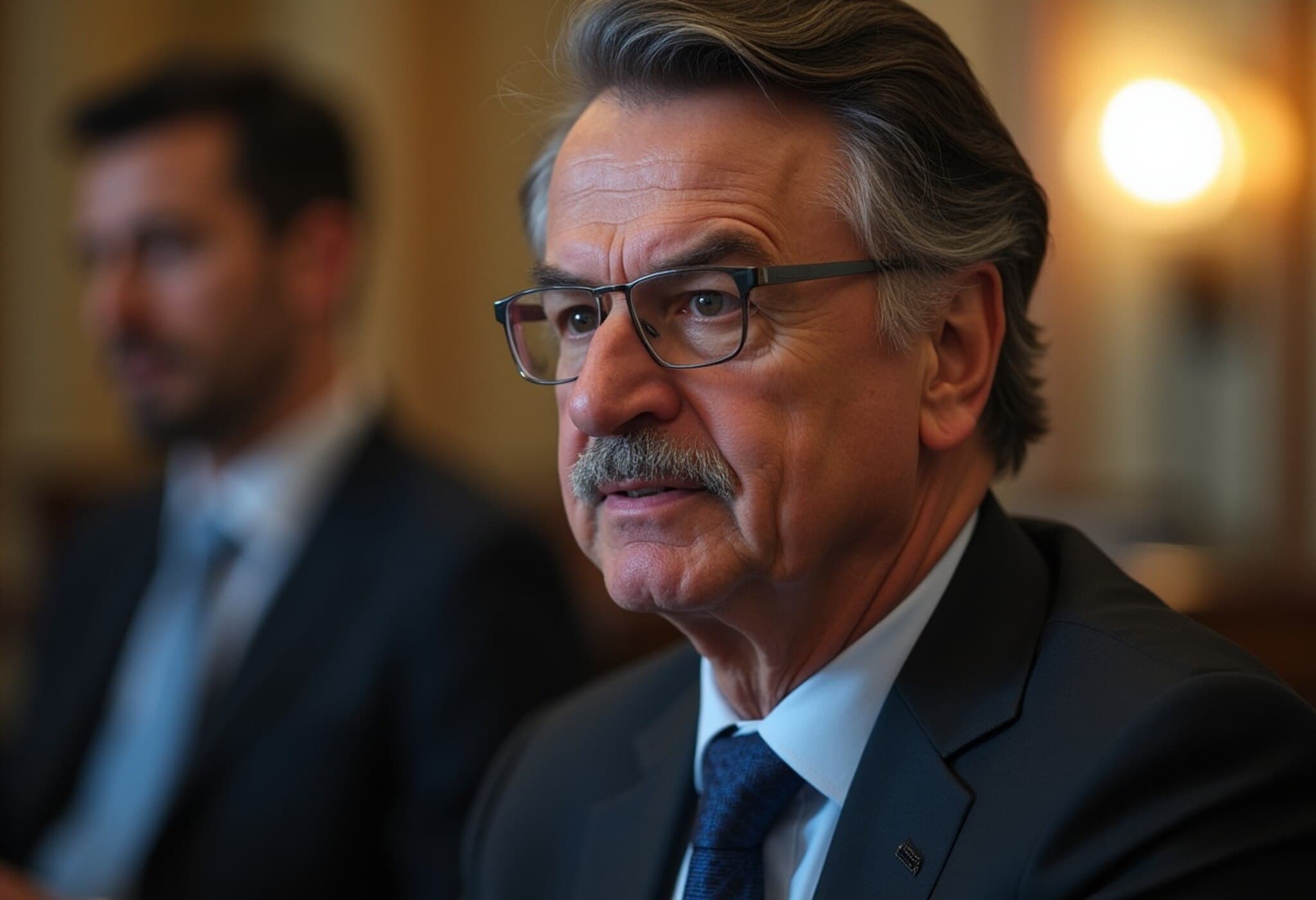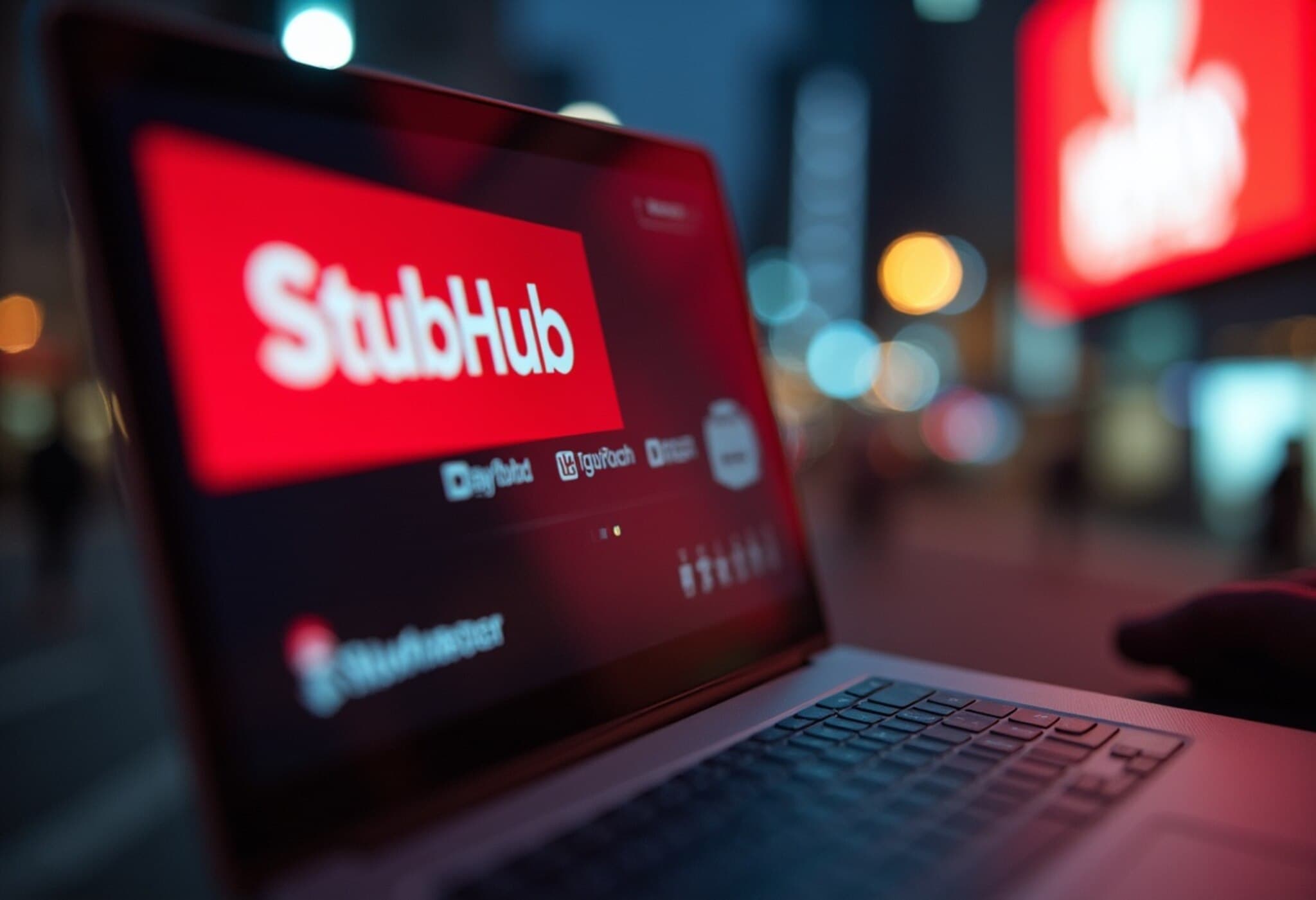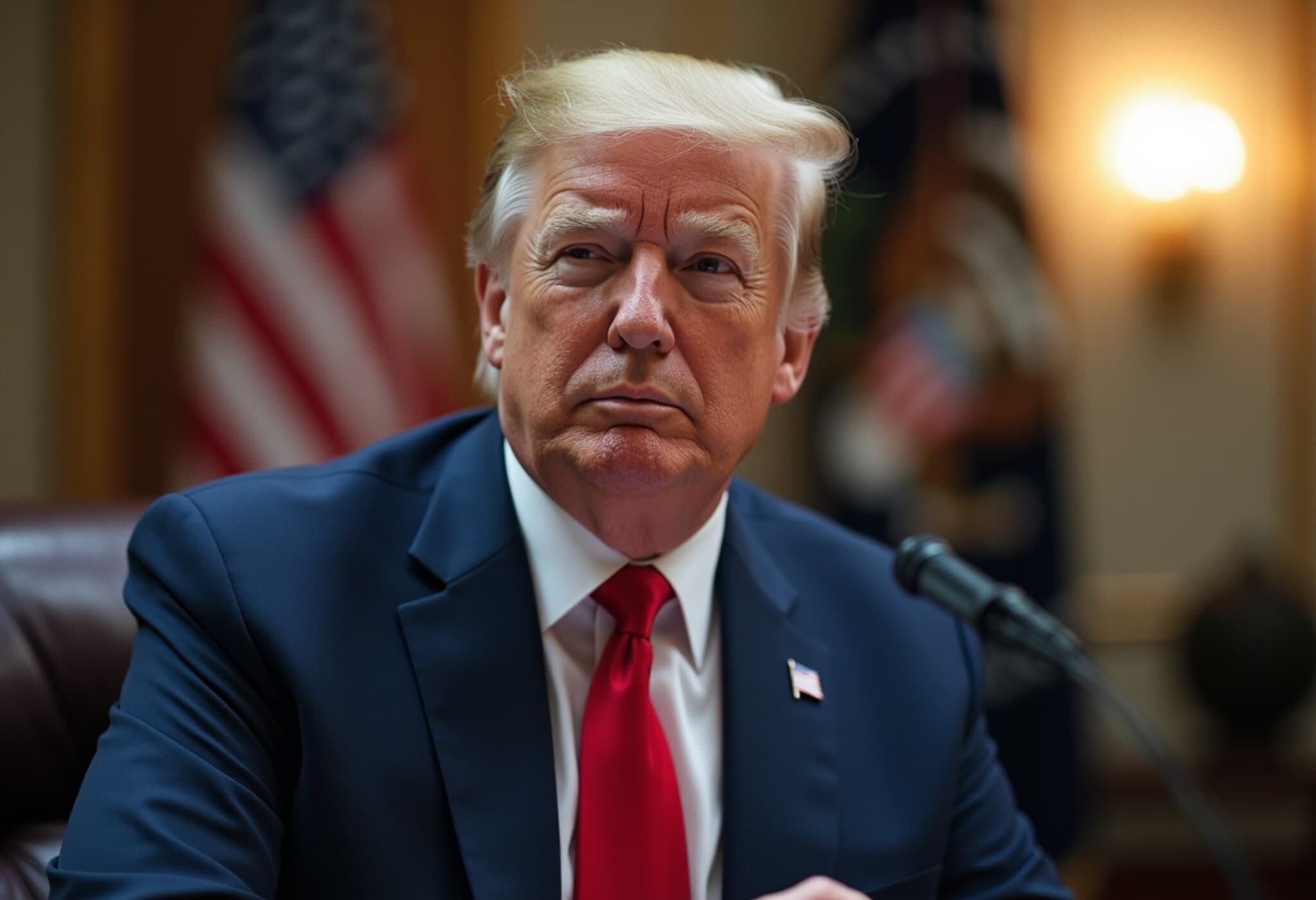U.S. Tariffs Open New Chapter in Brazil’s Struggle with Big Tech
President Donald Trump’s imposition of steep tariffs on Brazilian exports has inadvertently empowered American technology giants to gain unprecedented influence over Brazil’s evolving digital regulations. While Trump’s political ally, former Brazilian President Jair Bolsonaro, remains embroiled in legal battles, these economic measures have created a unique diplomatic dynamic, potentially reshaping the way Brazil governs its rapidly expanding tech ecosystem.
Background: Political Turmoil Meets Trade Sanctions
Jair Bolsonaro, Brazil’s former president, faces serious charges regarding an alleged coup plot and election interference. Despite Trump’s vocal support and aggressive tariff tactics aiming to exert pressure on Brazil’s judiciary, specifically the Supreme Court and Justice Alexandre de Moraes who oversees Bolsonaro’s case, these efforts have so far failed to sway Brazil’s legal system.
Nevertheless, the tariffs targeting Brazilian goods — amounting to a hefty 50% on key exports — have strained U.S.-Brazil relations. Yet, they have simultaneously provided American tech companies locomotion within Brazil’s policy corridors, as both governments attempt to navigate this uncharted economic and regulatory tension.
The Stakes: A $92 Billion Trade Relationship Under Pressure
Brazil is the United States’ second-largest trade partner in the Americas after China, with the U.S. maintaining a trade surplus of $7.4 billion in 2024. Amid this significant bilateral trade volume, the intersection of economic sanctions and tech regulation has become increasingly complex and consequential.
Big Tech’s Growing Footprint in Brazilian Policy Debates
Brazil’s digital landscape, home to over 212 million internet users, is one of the world’s largest and most vibrant markets. Historically, Brazil has taken an assertive stance against misinformation and harmful content online, with its Supreme Court and political leadership spearheading some of the strictest online content regulations globally.
Justice Alexandre de Moraes, in particular, has played a pivotal role by ordering social media platforms to block accounts spreading misinformation or inciting unrest, actions that have occasionally led to confrontations with global tech CEOs like Elon Musk. These moves have sparked heated debates around free speech, judicial power, and corporate responsibility in digital spaces.
Regulatory Innovations and Rising Tensions
- Supreme Court Rulings: Brazil’s top court recently affirmed that digital platforms can be held legally liable for unlawful content, including hate speech and threats to democratic processes.
- Monitoring and Compliance: Tech companies are required to proactively monitor sponsored content and take steps to minimize harmful posts — a framework echoing European Union policies but with distinct and sometimes more stringent local interpretations.
- Industry Concerns: Representatives argue these rules introduce “huge uncertainty” and isolate Brazil from global regulatory trends, potentially hampering innovation and investment.
Trump’s Tariffs as a Strategic Lever
Amid a diplomatic impasse, Trump’s threat of escalating tariffs put Brazil on notice. This pressure catalyzed unusually direct engagement between American tech firms—such as Google and Meta—and Brazilian officials, including Vice President Geraldo Alckmin and Supreme Court justices. These high-level discussions, although confidential, signal a possible thaw and willingness to revisit regulatory frameworks.
One prominent outcome of these talks has been the proposal of a joint working group aimed at balancing regulation, innovation, and investment opportunities — with data centers and technological partnerships flagged as potential areas of collaboration.
A Turning Point for Brazil’s Digital Sovereignty
The immediate diplomatic crisis reveals a fundamental tension: Brazil’s aggressive defense of its democratic institutions through stringent online regulations vs. the strategic and commercial interests of U.S. tech companies backed by political pressure from Washington.
This dilemma forces Brazil to confront difficult questions:
- Can Brazil maintain its robust regulatory stance without alienating crucial foreign investment?
- How might concessions to U.S. tech firms impact Brazil’s broader agenda against misinformation and political instability?
- What precedent could this set for other nations seeking to balance digital governance with global trade dynamics?
Expert Commentary: An Emerging Geo-Digital Flashpoint
According to Francisco Brito Cruz, a law professor from the Brazilian Institute of Education, Development and Research, “Brazil is seen as a threat in its efforts to regulate misinformation, and the way this trade-policy interplay unfolds could set an important example for the world.”
Georgetown University law and tech expert Anupam Chander adds, “What began as domestic policy is being reframed as a trade negotiation, exemplifying the complex interdependence of digital governance and global economic power.”
Looking Ahead: The Future of Tech in Brazil
As negotiations continue, Brazil stands at a crossroads. Maintaining a tough stance on misinformation aligns with longstanding democratic vulnerabilities and societal demands. Yet, growing trade pressures and evolving tech alliances introduce new incentives to moderate these positions.
For U.S. tech companies, these developments represent a rare opportunity to influence regulation in the largest digital market in Latin America, potentially shaping benchmarks for the region and beyond.
Balancing Acts
- Brazil: Navigating sovereignty, democracy, and foreign economic influence.
- U.S. Tech Firms: Pursuing regulatory environments conducive to innovation and market access.
- Trump Administration: Leveraging economic tools to advance strategic interests and political allies.
Editor’s Note
This unfolding story exemplifies the growing fusion of tech governance, international trade, and geopolitical strategies. Brazil's efforts to control misinformation and protect its democracy face new challenges amid U.S. trade pressures and Big Tech lobbying. Readers should watch closely how Brazil balances its commitment to democratic integrity with the realities of global technology power plays. Will Brazil’s resolve inspire other nations, or will economic imperatives lead to regulatory compromise? This saga poses critical questions about the future of digital democracy in an interconnected world.

